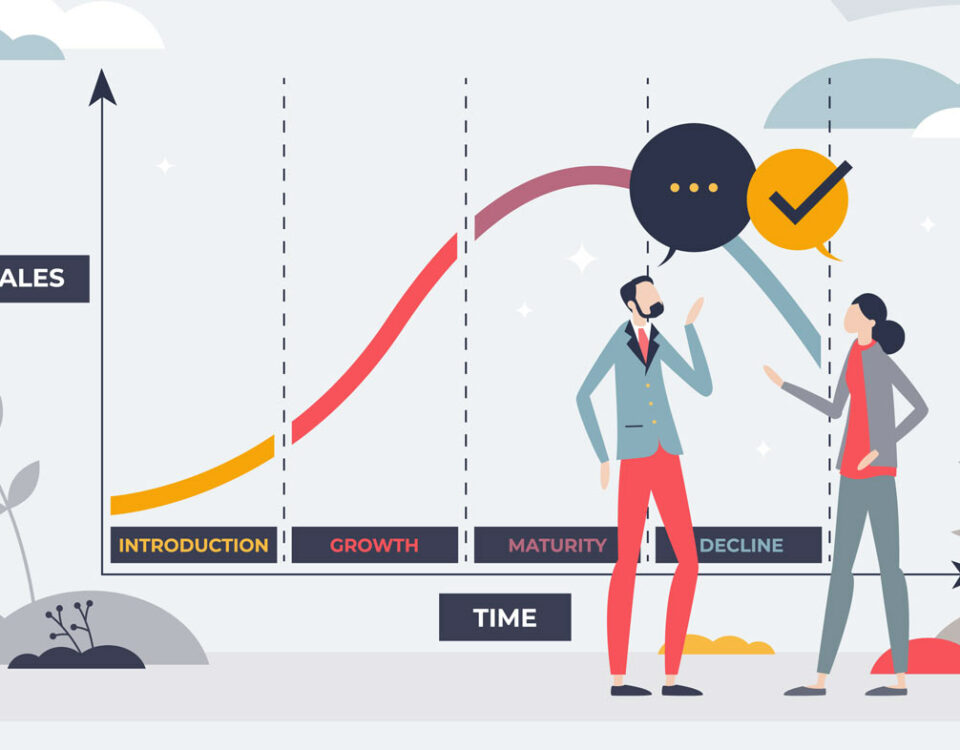
Cultivating an Inclusive Marketing Strategy
October 25, 2023
How to Win Your Election: A Guide to Political Marketing and Strategy
October 30, 2023Achieving Success with Data-Driven Marketing

In today’s fast-paced business environment, the ability to make informed and strategic decisions is crucial. Data-driven marketing has emerged as a powerful approach, leveraging data and analytics to optimize marketing strategies, enhance customer experiences, and ultimately drive business success. Here we’ll explore the transformative power of data-driven marketing and how businesses can harness it to achieve their objectives.
Understanding Data-Driven Marketing
Data-driven marketing involves collecting, analyzing, and using data to guide marketing decisions. This approach enables businesses to understand their audience better, predict customer behavior, and deliver personalized experiences. By integrating data into every aspect of the marketing process, companies can ensure that their strategies are aligned with customer needs and preferences.
The Advantages of Data-Driven Marketing
Enhanced Customer Experience
Data-driven marketing allows for the creation of personalized and relevant customer experiences. By analyzing customer data, businesses can tailor their messaging, offers, and content to individual preferences, resulting in higher engagement and satisfaction.
Improved Decision-Making
With access to real-time data and analytics, marketers can make informed decisions that are backed by evidence. This reduces the reliance on intuition and guesswork, leading to more effective and efficient marketing strategies.
Increased ROI
By optimizing marketing efforts based on data, businesses can ensure that they are allocating resources to the most impactful channels and campaigns. This leads to higher conversion rates, increased sales, and a better return on investment.
Better Targeting and Segmentation
Data-driven marketing enables precise targeting and segmentation, ensuring that the right message reaches the right audience at the right time. This level of precision not only improves campaign effectiveness but also enhances the overall customer experience.
Implementing a Data-Driven Approach
Establishing a Data Culture
For data-driven marketing to be successful, it’s crucial to establish a data-centric culture within the organization. This involves training employees, investing in the right tools, and fostering an environment that values and utilizes data in decision-making processes.
Collecting Quality Data
The foundation of any data-driven marketing strategy is high-quality data. Businesses need to invest in robust data collection methods, ensuring that the data they gather is accurate, relevant, and up-to-date.
Investing in Analytics Tools
Analyzing large sets of data requires the right tools and technologies. Businesses should invest in advanced analytics platforms that can process and interpret data, providing actionable insights for marketers.
Continuous Learning and Optimization
Data-driven marketing is an ongoing process. Businesses should continuously analyze their results, learn from past campaigns, and optimize their strategies for future success.
Data-driven marketing is not just a buzzword; it’s a fundamental shift in how businesses approach marketing. By leveraging data and analytics, companies can create more personalized, efficient, and effective marketing campaigns, driving customer engagement and business success. As the digital landscape continues to evolve, the importance of a data-driven approach will only grow, making it a crucial component of any successful marketing strategy. Embrace the power of data, and watch your business soar to new heights.






